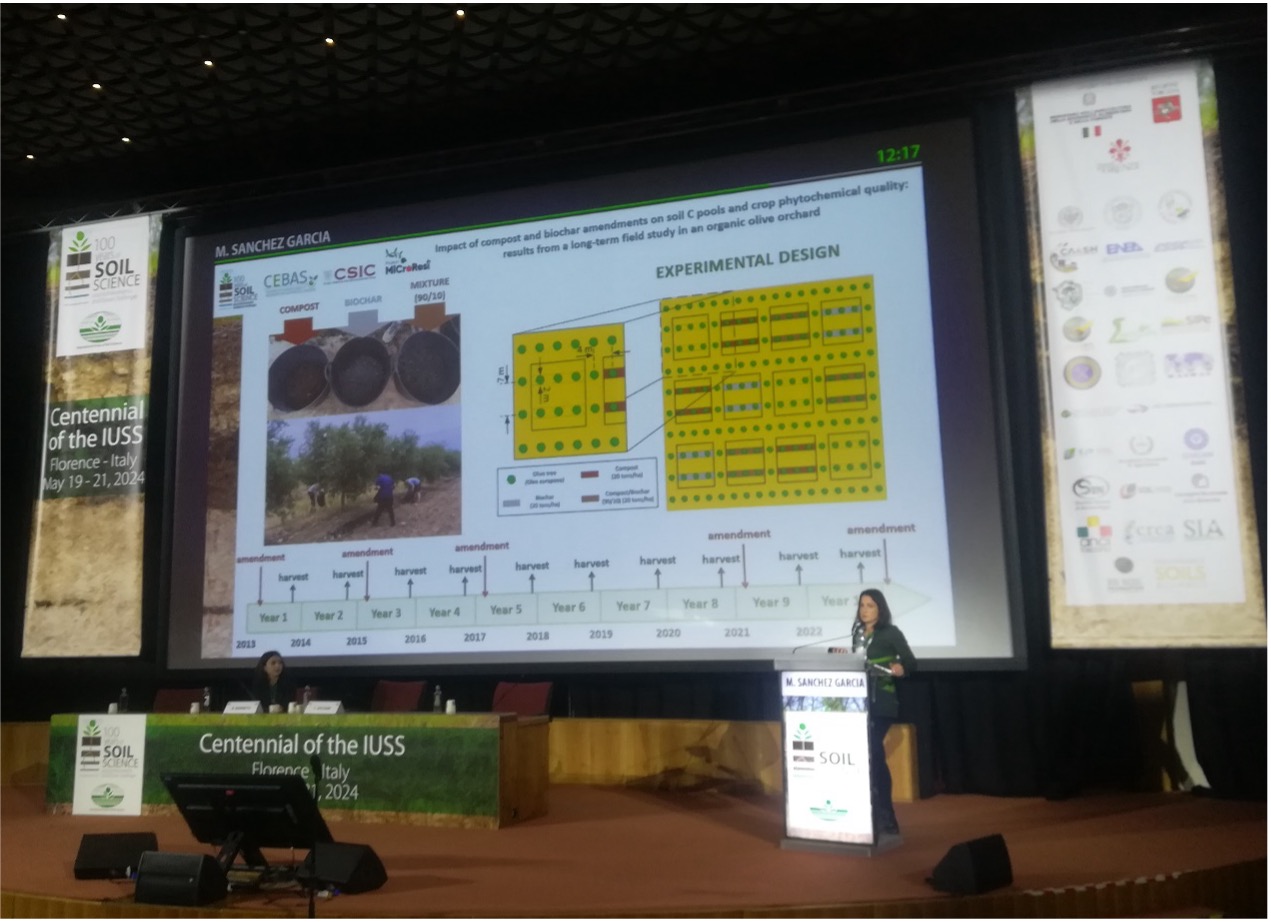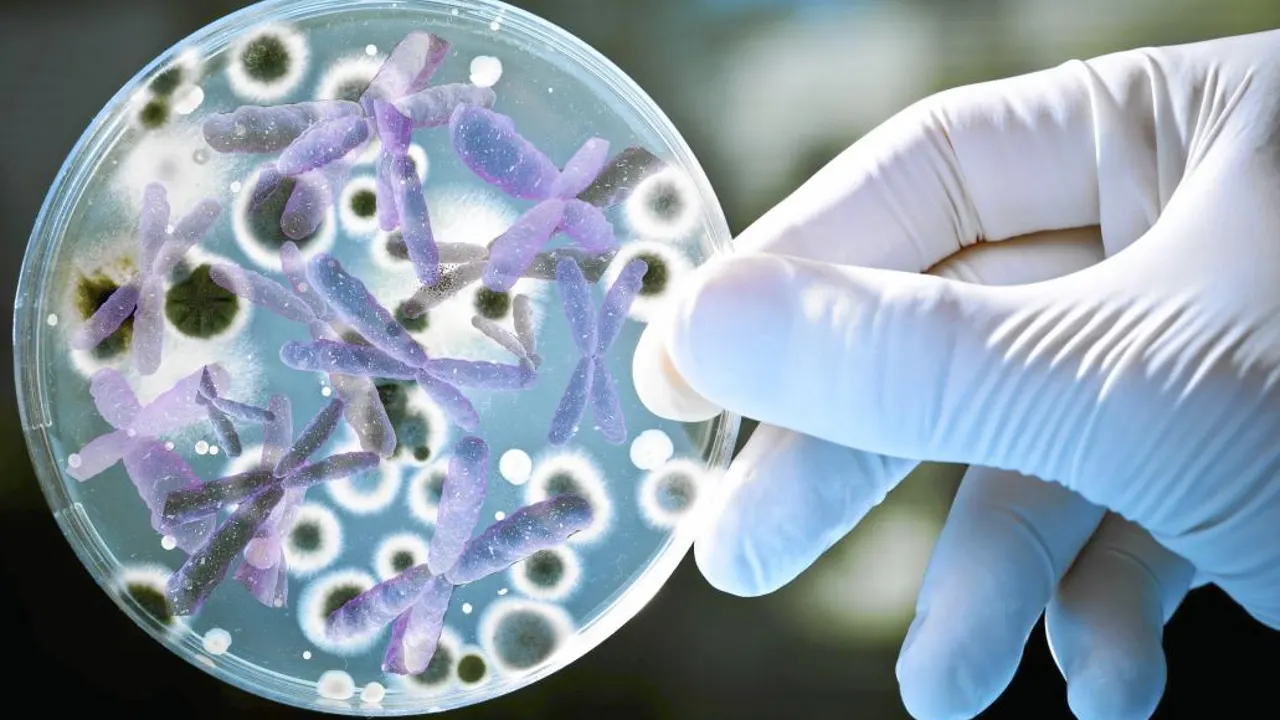
FIELD EXPERIMENT IN ARID ENVIRONMENT
The partners of the Soil and Organic Waste Management for Greenhouse Gas Mitigation in Agroecosystems group from the Spanish Research Council (CEBAS-CSIC) started in May 2013 a long-term field experiment in an organic olive orchard (SAT Casa Pareja) located in the Region of Murcia, in the south-east of Spain. The experiment assesses the impact of compost and biochar soil amendments on the orchard, including greenhouse gas emissions, soil C and N cycles, and crop performance.

This area is subjected to an arid Mediterranean climate, characterized by scarce plant cover, a high risk of erosion due to infrequent but intense precipitation events, and high organic matter mineralization rates related to high temperatures and insolation grade. The soil in the field of the study presents a very low organic matter content (organic C is below <2%) and a high carbonate content (over 30%). The loss of organic C under these extreme aridity conditions is exacerbated, a circumstance enhanced under the current global warming scenario. Soil carbon (C) sequestration is a nature-based solution that helps to meet the targets of ensuring food supply, mitigating climate change, and sustaining biodiversity.
After ten years of experiment and five repeated applications of organic amendments, compost, biochar, and a 90/10 blend of compost/biochar enhanced the soil’s organic C content. C/N relation was stable in all treatments except for biochar-treated plots, where the recalcitrant nature of biochar C allowed an increase in this ratio.
In the framework of the MiCroResi project, metabolomic and microbiome analyses are being performed in collaboration with the Phytochemicals and Healthy Food Laboratory (LabFAS, CEBAS-CSIC). Our aim consists of investigating the effects of extreme aridity conditions on the microbial biodiversity of the agricultural system and in turn on crop yield and phytochemical quality.
We identified fourteen phenolic compounds in olive leaf extracts, mainly glycosylated flavonoids, secoiridoids (e.g. oleoeruopein), and a minor amount of cinnamoyl derivatives. The phytochemical composition reflected a seasonal variation and did not differ between treatments.

We sampled the soil for microbiome analyses five times: once before the amendments were last applied (in May 2023), and four additional times throughout the year (once each season) to analyze bacteria, fungi, and archaea. The main hypothesis is that the persistence of extreme conditions imposes a selection on the microbiota which could be exploited as a new source of plant-beneficial microbes. Since naturally adapted to extreme conditions, properly selected beneficial microbes will be further developed into new tools to be used in microbe-assisted cropping systems for improving crop resilience to climate change.

PRESENTATION IN THE CENTENNIAL IUSS CONGRESS IN FLORENCE (ITALY)
Preliminary results from this long-term field experiment were presented at the Centennial IUSS Congress held in Florence (Italy) from the 19th to the 21st of May 2024. The abstract from the oral presentation “Impact of compost and biochar amendments on soil C pools and crop phytochemical quality: results from a long-term field study in an organic olive orchard” can be downloaded at the following link.

